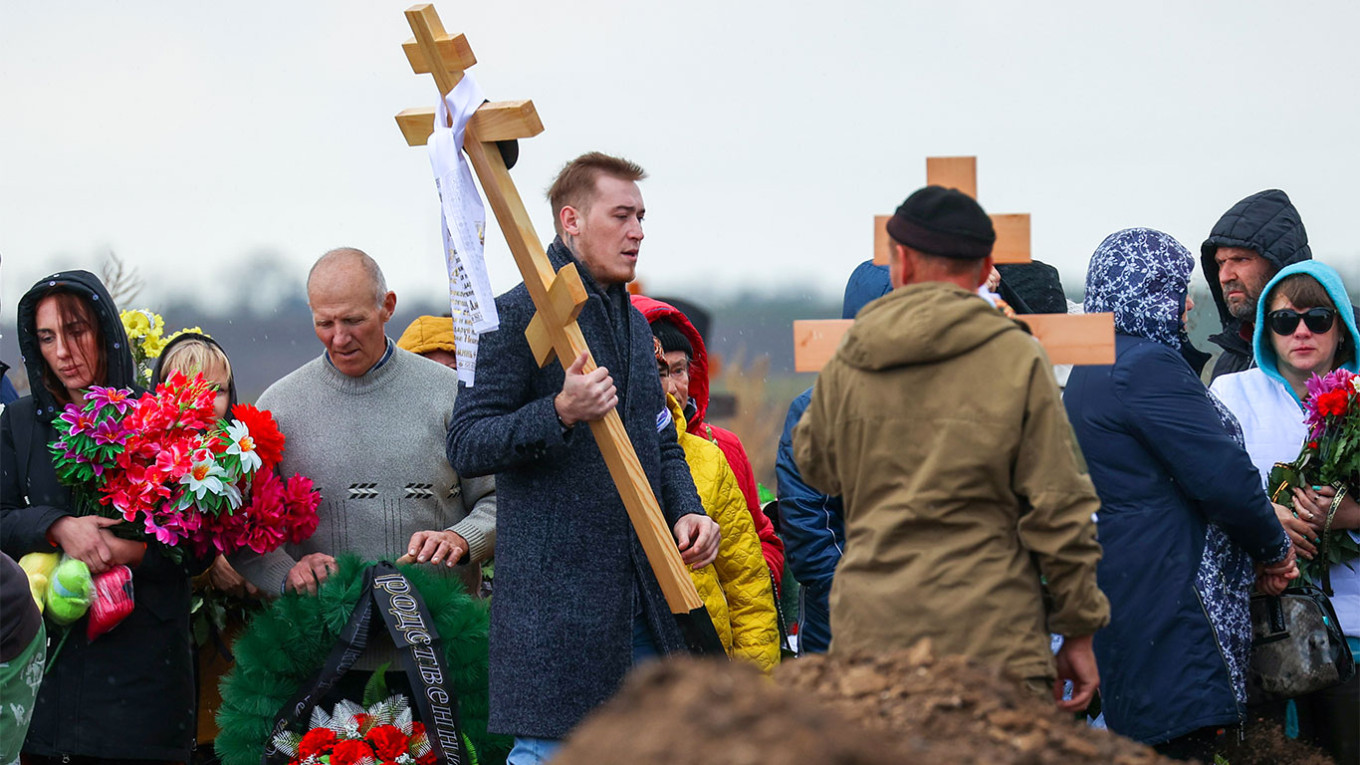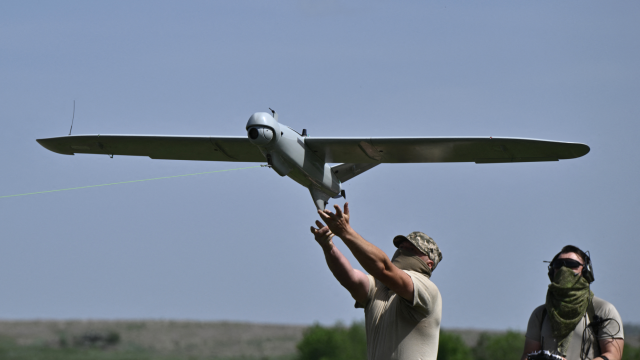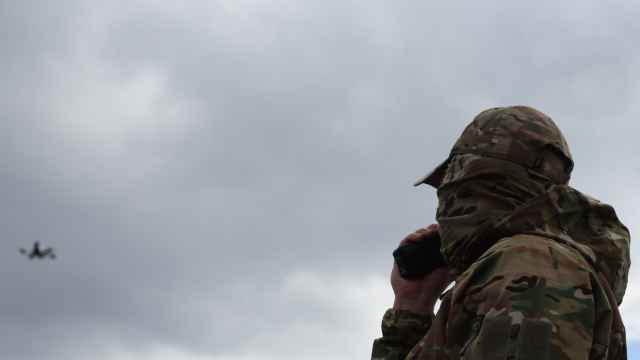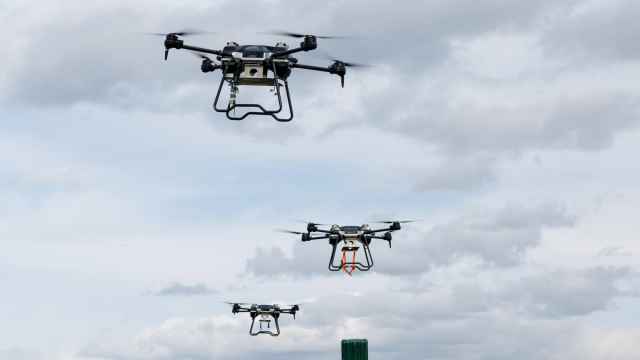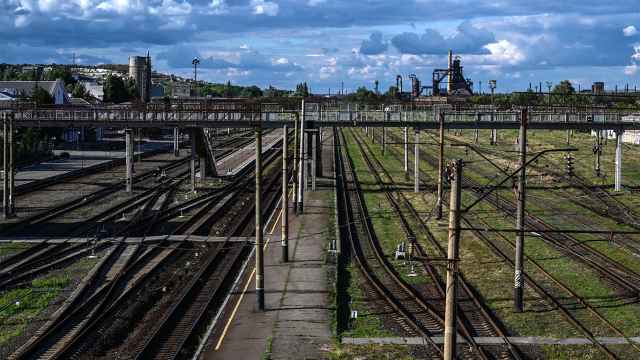On the night of Oct. 17, the Ischenko family reportedly sat down for dinner in their apartment on the seventh floor of an apartment block in the southern Russian port town of Yeysk.
But as the family gathered, a Russian supersonic Su-34 strike aircraft came crashing through their apartment window, sending a huge plume of fire into the sky. All seven members of the Ischenko family, including three children, were killed.
“After a few phone calls I thought, at least let one child be alive,” said Andrei Ischenko, who lost his brother, his sister-in-law and their children and grandchildren in the crash. “I was ready, if the parents died, to adopt the children. But it turned out like this,” he added in an interview with media outlet 7x7
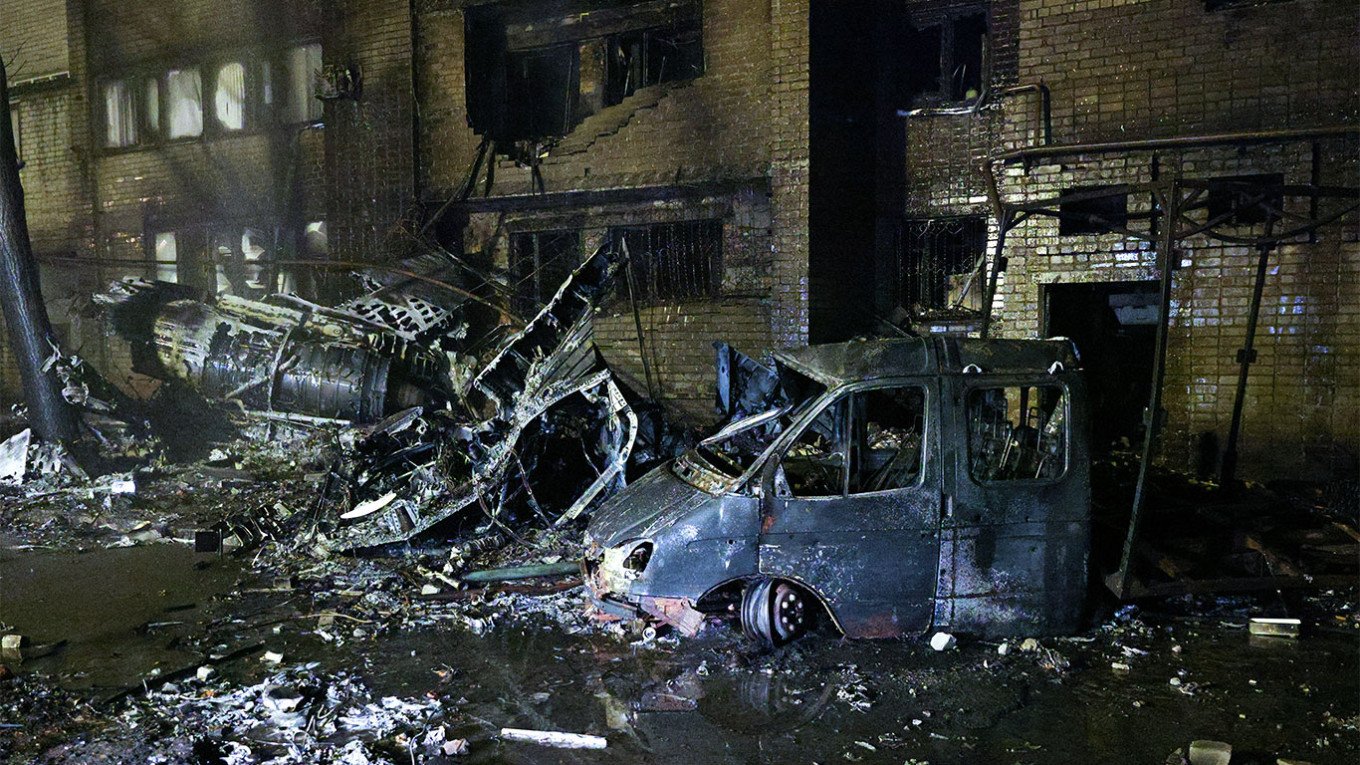
The tragedy in Yeysk was just the first of two recent incidents in which Russian fighter jets have crashed into civilian areas. Days later on Sunday, an Su-30 jet plunged into a two-story house in Siberia, killing both pilots on board.
The crashes have spread fear and panic inside Russia, with some Russians expressing the sentiment that their country’s invasion of Ukraine is creeping ever closer to home.
“When the incident happened, everyone thought that the war had come to our home, until we later found out it was a plane crash,” Alan Kachmazov, a resident of Yeysk, told The Moscow Times.
Separated from southern Ukraine by a narrow stretch of the Sea of Azov, Yeysk is home to an air base that has been used as a launchpad for Russia’s Air Force throughout the invasion of Ukraine.
“Even before [the crash], locals were worried about planes flying over the city every day,” Kachmazov said.
But the apartment block crash, which killed a total of 15 people and wounded 43 more, has some residents demanding answers over the deadliest military incident on Russian soil since the beginning of the invasion.
“Well, the mourning has passed, the culprits are not guilty,” wrote Igor Korenev in a social media post about the Yeysk disaster.
“The planes have circled over residential areas again, as if fields and the sea are not enough for training purposes. Mistakes do not teach anything to those who are not really responsible for them!” Korenev, who is from the southern Russian region of Rostov, added.
The Defense Ministry has said the plane crashed due to a malfunction in one of the engines’ ignition systems during takeoff.
The Investigative Committee, Russia's equivalent of the FBI, has launched a criminal inquiry over possible violations of flight rules.
Photos from the aftermath of the incident, which forced hundreds of civilians from their homes, showed collapsed walls and mounds of scorched rubble.
Just days later, another military jet slammed into the ground in the Siberian city of Irkutsk. While no civilians were harmed, the crash killed both pilots, who reportedly fell unconscious as the plane nose-dived.
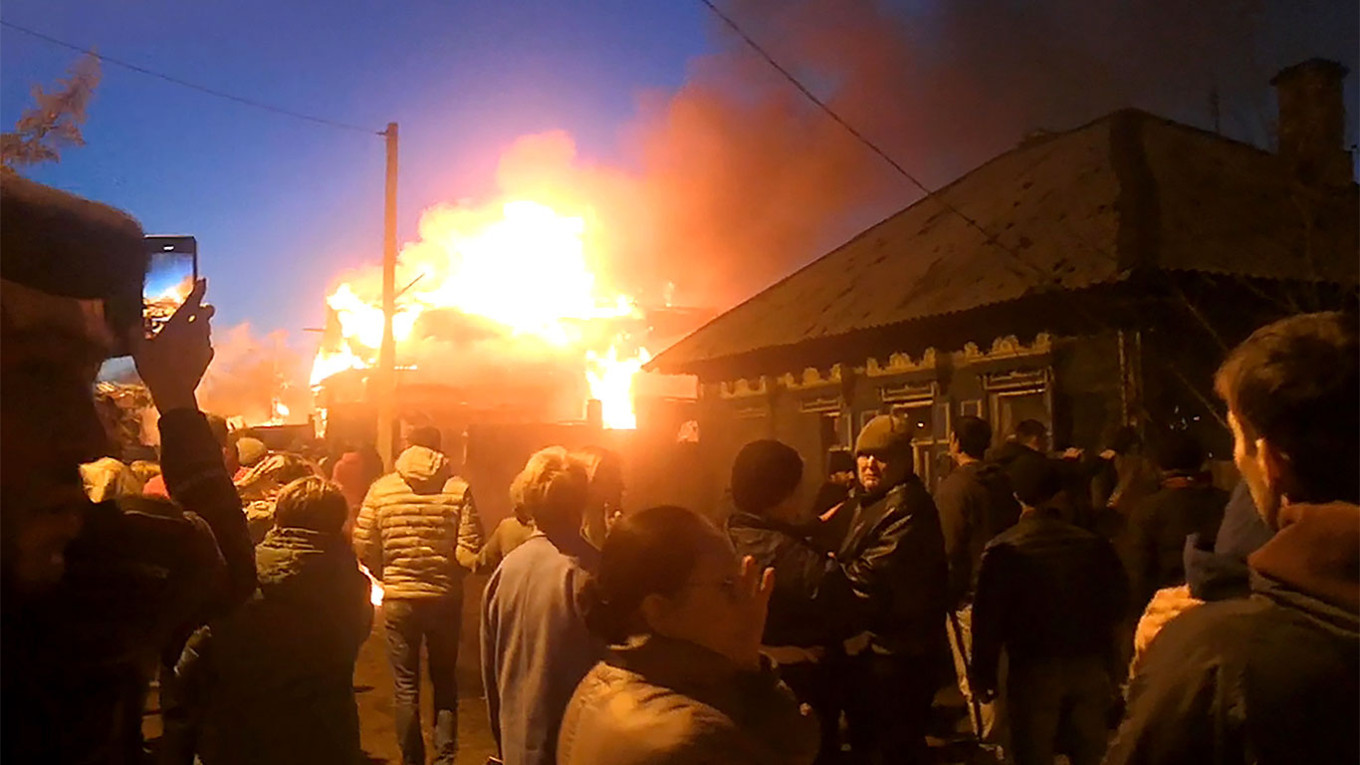
Later footage showed a house engulfed in flames in the center of Irkutsk, a city of 600,000 people, sparking complaints that Russian officials had again failed to keep citizens safe from the country’s own military jets.
“An uncontrolled plane was flying over the city, why was there no warning for residents?” Artyom Valhala from Irkutsk said in a comment on social network VKontakte.
Eight months into Russia’s invasion of Ukraine, the crashes, along with Moscow’s recent “partial” mobilization push, are reminders to many Russians of the war raging on their borders despite their efforts to carry on with life as normal.
But in Yeysk, just 60 kilometers across the sea from Russian-occupied Mariupol, ignoring the war has become increasingly difficult as jets fly overhead and residents mourn.
“Everyone across the city realized it could have easily been them,” Kachmazov said.
A Message from The Moscow Times:
Dear readers,
We are facing unprecedented challenges. Russia's Prosecutor General's Office has designated The Moscow Times as an "undesirable" organization, criminalizing our work and putting our staff at risk of prosecution. This follows our earlier unjust labeling as a "foreign agent."
These actions are direct attempts to silence independent journalism in Russia. The authorities claim our work "discredits the decisions of the Russian leadership." We see things differently: we strive to provide accurate, unbiased reporting on Russia.
We, the journalists of The Moscow Times, refuse to be silenced. But to continue our work, we need your help.
Your support, no matter how small, makes a world of difference. If you can, please support us monthly starting from just $2. It's quick to set up, and every contribution makes a significant impact.
By supporting The Moscow Times, you're defending open, independent journalism in the face of repression. Thank you for standing with us.
Remind me later.




